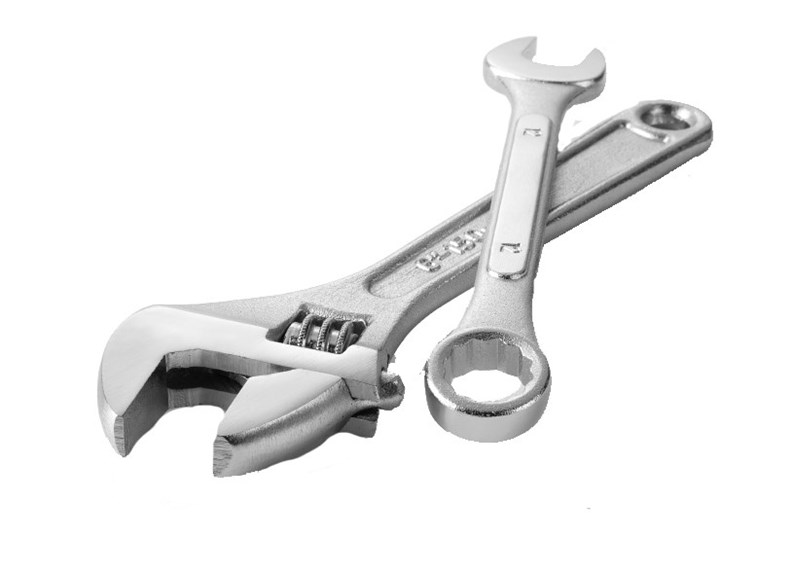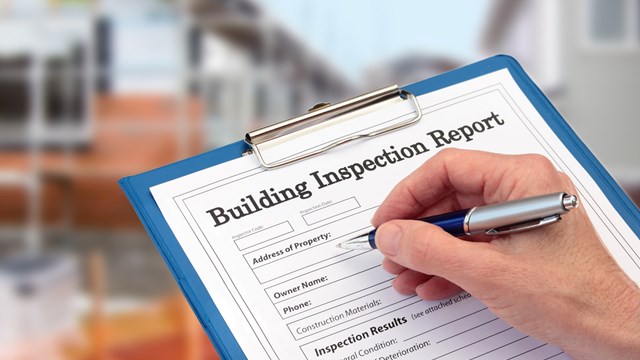Whether it's cash in hand or borrowed dollars, your properties are constantly faced with competing demands on scarce resources. These financial pressures can keep you from replacing an old, unreliable, repair-intensive, under-performing chiller or boiler plant.
But thanks to a recent shift in the energy marketplace, a solution may now be available. For the first time under a new program, your co-op can buy the output of a new plant under a long-term service agreement with an energy service company (ESCO). This type of outsourcing allows you to simply purchase the chilled water, hot water or steam - without incurring the up-front capital costs normally associated with the installation of a new plant.
Under a long-term service agreement, the ESCO provides for a co-op's heating or cooling needs over a multi-year period - typically 10 years. Charges are based on a fixed price per unit provided to the building, e.g., ton-hours of cooling, or MLbs of steam or MMBTUs of heating.
The agreement is similar to that of leasing a car - the co-op or condo can pay-as-they-go without incurring extensive up-front costs. Through the ESCO, the costs of the installation are amortized over the life of the 10-year agreement. The optimum installation would be in buildings with 50 or more units. In smaller, self-managed buildings, the volume might not be high enough to provide cost savings relative to the building plant's current operating costs.
The ESCO, which builds, owns, and maintains the new plant over the agreement term, will also guarantee performance of the plant. Typically, day-to-day operations of the plant continue to be performed by existing building personnel, although that responsibility can also be assumed by the ESCO.
The typical lifespan of a chiller unit is 15 to 20 years; a boiler could last 25 or more years, depending on the type of unit. After the 10-year lease agreement with the current ESCO expires, the customer can choose to renew the contract or buy out the equipment at its fair market value and choose another maintenance service provider.
Benefits of Outsourcing There are four ways that co-ops benefit by outsourcing chilled water, hot water, or steam services through long-term service agreements: plant performance, financial benefits, risk transfer, and overall management and execution of co-op responsibilities.
When a co-op signs a long-term service agreement for chilled water, for example, the property receives new equipment, including a chiller, cooling towers, pumps, fan coils and piping. Each element of the cooling infrastructure is designed and installed according to the building's cooling requirements, physical space, and shareholder sensitivities concerning construction-related activity.
Potential Cost Savings Outsourced cooling and heating also delivers a financial payoff because long-term service agreements require no up-front capital outlay. This eliminates the need for special assessments. Depending on the installation, properties can enjoy a net cash savings in comparison with the existing cost of plant operations.
Some customers will see significant savings; but some won't. It all depends on the volume or usage of the equipment by the co-op or condo. Typically, with a co-op if the equipment is being operated 24/7, you will see some cost savings because of the volume of energy that's being generated. Some may just break even, though, if the installation costs run high.
Long-term service agreements transfer risk from the co-op into the hands of the ESCO. The ESCO assumes responsibility for the design, construction, and maintenance of the equipment. The ESCO also retains ownership of the equipment for the term of the agreement. Under typical service agreements, the co-op no longer bears the burden of construction cost overruns, inconsistencies between engineering specifications and contractor interpretation, and change orders.
Removing the Risk Service agreements also remove the risk of the typical design/bid/build process. Under standard practice, bidders focus almost exclusively on up-front, construction-related costs. Long term service agreements allow the co-op to exercise control over the full range of costs relating to heating and cooling, and also improve the productivity and effectiveness of co-op boards and managing agents by transferring responsibility for plant construction and plant maintenance. Co-op management becomes free to dedicate its time and energy to other duties.
Co-ops can be the beneficiaries of this emerging trend in property management. By outsourcing heating and cooling plant responsibilities through long-term contracts, co-ops increase the value of the property and individual apartments by replacing old, unreliable equipment, without increasing outstanding debt, and as a result manage their heating and cooling plants more effectively. Lastly by outsourcing vital services to an expert provider that guarantees its services, overall co-op performance and satisfaction is improved.







Leave a Comment